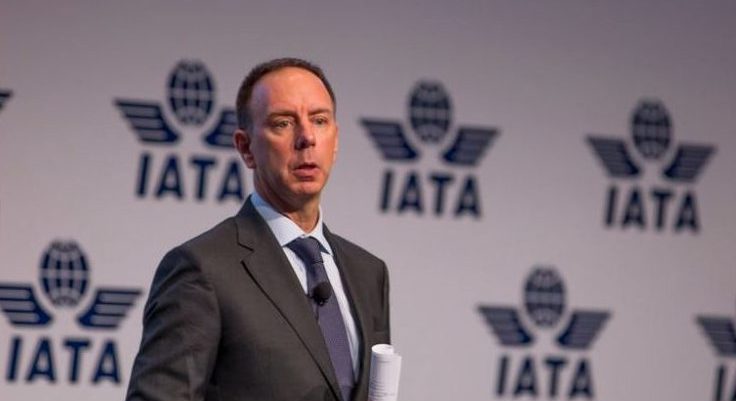RIO DE JANEIRO, BRAZIL – The airline industry in Latin America will lose US$3.7 billion in 2022, 34% less than this year when losses will amount to US$5.6 billion, and its recovery will be far behind other regions of the world, the International Air Transport Association (IATA) said Tuesday (06).
At a press conference in Boston, where IATA is holding its assembly, Peter Cerdá, the association’s regional vice-president for the Americas, said that Latin America will not return to pre-pandemic levels of international travel until 2024, while domestic traffic in the region will recover a year earlier, in 2023.
In North America, airlines will lose US$5.5 billion in 2021. Still, IATA expects the region to generate US$9.9 billion in profits by 2022, thanks to the rapid recovery of the U.S. domestic market, where the industry began to profit in the second quarter of 2021.

But in Latin America, the “significant restructuring costs” that will be necessary for airlines to adjust “to the new realities” will weigh down their financial performance, Cerdá explained.
The IATA executive also criticized the lack of harmonization and coordination among the continent’s governments, confusing consumers and uncertainty for airlines.
Cerdá applauded the announcement by the United States to eliminate the entry restrictions still in place in many countries, including all EU countries, and to allow all international travelers vaccinated against Covid-19 to enter the country as of November. He considered this move a significant step forward because it would remove the barrier of restrictions currently in place.
But he also said that the lack of details from the U.S. authorities on the implementation of the measure “is making it difficult for airlines to plan operations and for passengers to have confidence”.
Cerdá highlighted the situation in Mexico, “one of the few countries in the region” that never imposed limitations on the airline industry during the pandemic. This has allowed domestic traffic to reach levels similar to those before the pandemic, while international traffic “shows a positive trend.”
Regarding the transformation of the Santa Lucia airbase, which will become the third airport in the metropolitan area of Mexico City, he defended that the airlines have “the freedom to decide which of the three airports” they want to use.
On the other hand, he explained that in Colombia, “Bogota airport cannot compete with Panama or Lima” if the operational problems suffered by the infrastructure are not solved and said that the authorities need to implement measures “urgently” to solve the situation.
Regarding the situation in Argentina, Cerdá stated that the country would not be competitive if the sector’s unions’ requests for minimum fares for domestic flights were accepted and considered that the authorities need to “open the market”.

Argentina has had some of the strongest and longest border restrictions in the region. Still, with the gradual increase in international passenger arrivals, which this month will reach 4,000 per day, “there is light at the end of a very long tunnel,” he added.
Cerdá also asked the Chilean authorities to end the quarantine requirements for vaccinated international travelers arriving in the country because the measure limits passenger traffic.
Finally, in Brazil, Cerdá repeated IATA’s demand that the country, along with Mexico, never totally closed its borders to international travelers, stop requiring costly PCR tests in favor of more affordable antigen tests. Cerdá also expressed concern over Brazil’s airline taxes and fuel pricing policy that he said will add US$255 million in annual costs for airlines.

